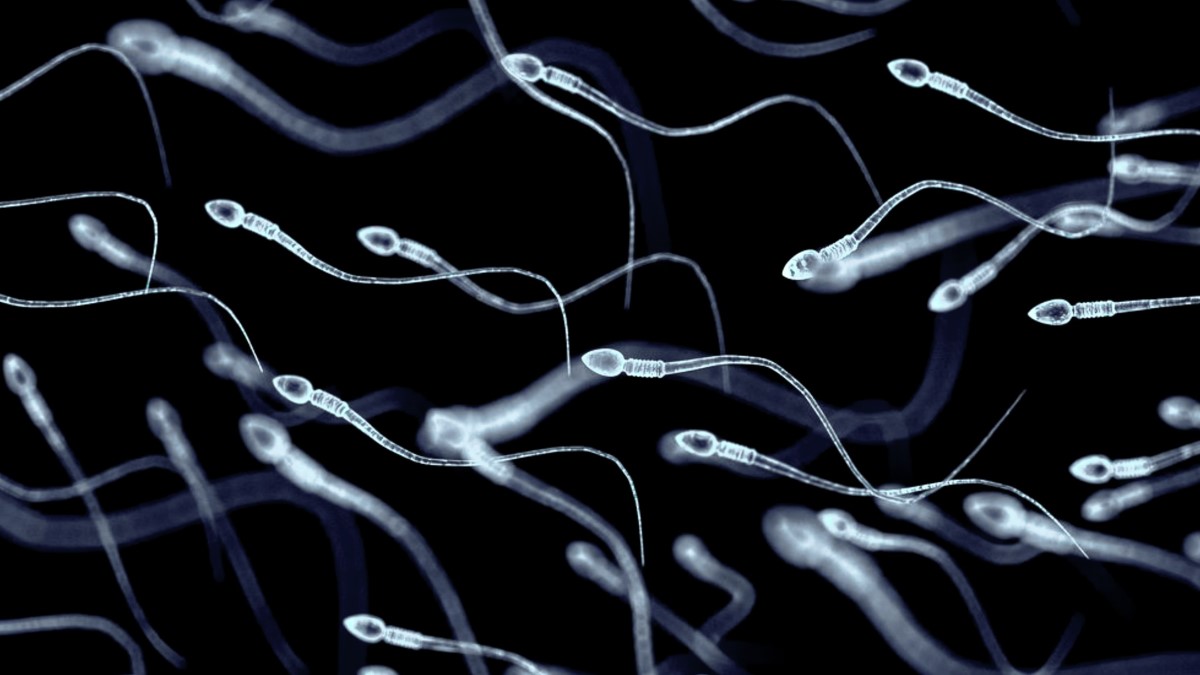An Argentinian study has found that men infected with high-risk human papillomavirus (HPV) had higher percentages of dead sperm in their semen.
This was accompanied by a lower count of white blood cells and higher level of reactive oxygen species (ROS), which cause oxidative stress to sperm.
The findings suggests that high-risk HPV positive mencould have reduced fertility due to oxidative damage to sperm.
Almost all sexually active people will be infected with HPV at some point in their lives, according to the World Health Organization (WHO).
Human papillomaviruses are a group of 200 known viruses that can be categorised as either high-risk (HR-HPV) or low-risk (LR-HPV) depending on their potential to cause cancer.
LR-HPV can cause benign warts on the larynx and genitals. Persistent infections with HR-HPV are known to cause 95% of cervical cancers, and increase the risk of anal, genital, and mouth and throat cancers in both sexes.
Researchers determined the presence or absence of HPV and other sexually-transmitted infections (STIs) in the semen samples of 205 men.
They identified 12 HPV-positive men whose type couldn’t be determined due to low numbers of virus particles, and 20 men positive for HR-HPV and 7 positive for LR-HPV.
The HR-HPV and LR-HPV-positive men were then compared to 43 men with no infections.
Routine semen analysis found no significant changes between the 3 groups.
However, flow cytometry – a technology that rapidly analyses single cells – revealed HR-HPV positive men had higher levels of dead sperm, increased sperm ROS production and lower counts of CD45+ leukocytes (immune cells) in their semen.
“Infections caused by high-risk HPV genotypes appear to have more negative effects on male fertility and the immune system’s ability to clear the infection,” says Dr Virginia Rivero of the Universidad Nacional de Córdoba in Argentina, senior author of the new study in Frontiers in Cellular and Infection Microbiology.
“We concluded that men infected with HR-HPV, but not men infected with LR-HPV, show increased sperm death due to oxidative stress and a weakened local immune response in the urogenital tract.
“These results suggests that HR-HPV positive men could have reduced fertility.
“Our study raises important questions about how HR-HPV affects sperm DNA quality and what implications it has for reproduction and offspring health. It’s important to understand the biological mechanisms underlying these effects.”
Given that sexually-transmitted co-infections are quite common, they also plan to explore whether HPV infection alongside other STIs influence these outcomes.
Infection with HR-HPV can be prevented with HPV vaccines. As of 2022, 125 countries have introduced HPV vaccination in their national immunisation programme for girls, and 47 countries also for boys.













/https://tf-cmsv2-smithsonianmag-media.s3.amazonaws.com/filer_public/d1/82/d18228f6-d319-4525-bb18-78b829f0791f/mammalevolution_web.jpg)






Discussion about this post